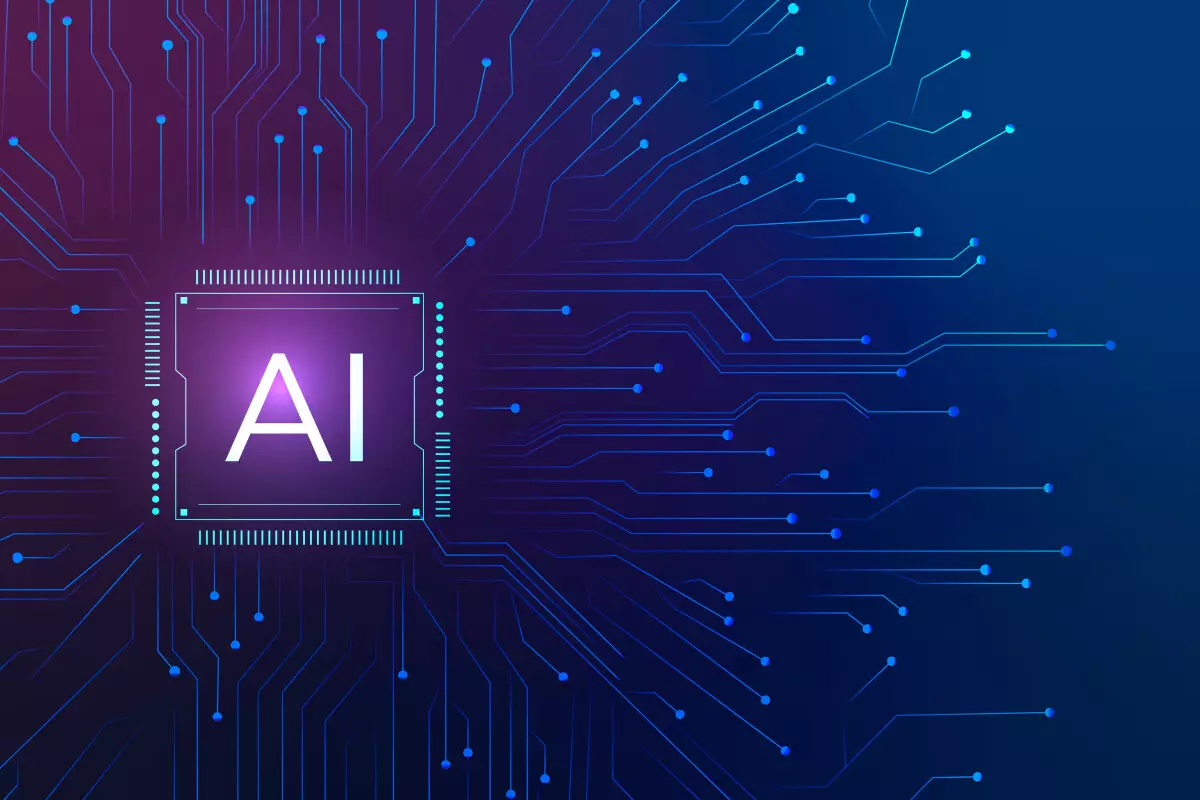In the ever-evolving world of technology, one threat looms large over the crypto industry – AI-enabled deepfake videos. Changpeng Zhao (CZ), the CEO of Binance, recently raised concerns about the significant risks these videos pose. Specifically, CZ referred to a video featuring Joshua Xu, the CEO of HeyGen, and expressed his unease regarding the implications for video verification. His warning was clear: “Don’t send people coins even if they send you a video.”
The Advancements in AI Technology
The AI-powered video post shared by Xu showcased the remarkable progress made in creating realistic avatars and voice clones. HeyGen’s sophisticated AI algorithms have improved the quality of their lifestyle avatars and fine-tuned their voice technology to flawlessly mimic Xu’s unique accent and speech patterns. As Xu revealed, it would only take a mere “two minutes” to generate a digital avatar that looks convincingly real.
The Impact on Identity Verification Processes
For cryptocurrency exchanges like Binance, verifying the identity of their customers is of utmost importance. Binance’s website stipulates that users must provide video evidence alongside a picture of their ID card or passport to withdraw funds. However, the rise of deepfake videos presents a challenge to this verification process. The policy explicitly instructs users not to watermark or edit their videos, emphasizing the need for authentic and unaltered footage. But with increasingly advanced AI technology, the ability to detect deepfakes may become increasingly difficult.
DeepFakeAI: Fueling Concerns
DeepFakeAI, an AI project within the crypto industry, has generated significant attention due to its creation of superimposed videos featuring the likes of Elon Musk, Gary Gensler, and Vitalik Buterin. The platform offers users the ability to customize and create AI-powered videos through deepfake technology and grants access through a native bot. Moreover, DeepFakeAI has introduced its native cryptocurrency called FAKEAI, providing specific benefits, including free access to certain packages.
The Fear of the Unknown
While the potential applications of AI-generated deepfake videos seem promising and lucrative, many crypto influencers, users, and investors are apprehensive about the challenges they present. These videos have the potential to deceive individuals, leading to harmful consequences in the world of cryptocurrencies. The fear of financial loss and reputational damage weighs heavily on those involved in the crypto industry.
As AI technology continues to advance, the battle against the threat of deepfakes intensifies. The ability to verify the authenticity of videos becomes critical in maintaining trust and security within the crypto industry. While deepfake detection technology is progressing, there is a growing concern that these AI-generated videos will soon become indistinguishable from genuine recordings, posing significant challenges for human verifiers.
To combat the risks posed by AI-enabled deepfake videos, crypto exchanges and platforms must remain vigilant. Enhancing security measures, such as implementing advanced identity verification processes and employing AI algorithms specifically designed for deepfake detection, will be crucial. Additionally, raising awareness among users and investors about the existence and potential dangers of deepfakes can help safeguard crypto assets and prevent financial losses.
The Uncertain Future
As technology continues to advance at an unprecedented rate, the future of the crypto industry appears both exciting and uncertain. The rise of AI-enabled deepfake videos is just one of the many challenges that must be overcome. Striking a balance between innovation and security will be essential in navigating the evolving digital landscape. Perhaps it is through collaboration and collective effort that the crypto industry can mitigate the risks and pave the way for a trusted and sustainable future.


Leave a Reply